Portal (Activision, 1986): an interview with Rob Swigart
A few months ago I came across Portal, a 1986 video game written by Rob Swigart and produced by Activision for Amiga, Apple II, Commodore 64 and other home computers of the time. I started playing / reading it and I was struck by the modernity of the narrative system. In fact Portal is a real work of electronic literature, built as a database which can be accessed by navigating between different text atoms, just as today we would surf the internet.
I continued reading and playing it for several weeks and eventually I couldn’t resist and I went in search of the author to interview him and know how he had done, thirty-four years ago, to design such an innovative work.
Rob replied with great courtesy and punctuality, and below you will find the interview that photographs a moment of great creativity in the IT industry and also – if I can say it – the desire to break down the walls that divide humanities and literature from the world of the exact sciences.
Happy reading and – thanks again to Rob for everything.
I accidentally discovered Portal, your interactive work for Activision from 1986 and I was impressed by how innovative your project was. I mean, it is a work that is experimental today, I could only imagine it in 1986.
The first question: how did you come up with the idea? What was the “cultural” background in which you moved and which models inspired you?
I got my first computer in 1976. An employee of the local camera shop I called Techman was I guess representing a new company called ETC, for Electronic Tool Company. It was a big expensive box with 128 k of RAM and a hexadecimal keyboard. I learned a bit of Tiny Basic and fiddled with it. A year later I got an Apple II. I had thought from the beginning that it might be an interesting medium for telling stories. My third book was a satire about computers, particularly computer networks (The Time Trip). In 1984 I had been doing a little writing for Apple and a producer at Activision named Brad Fregger asked me to write a manual for a music program, which I did. We got to talking about storytelling and he pushed me to make a proposal. That became Portal.
If you read this article ( https://www.filfre.net/2014/11/portal/ ) you will read that everything was his idea, and that I was his cheap solution for the project. This is from his autobiography. I’m afraid my memories are quite different, and lamentably he has become a right wing extremist I had to unfriend on Facebook.
Computers were used for three things back then: word processing, spreadsheets, and databases. The first seemed boring for storytelling, spreadsheet wars sounded silly, so databases, which contain information or stories, fit. So I settled on this for the general idea. My first sentence in the proposal (as I remember it) was something like “We are surrounded by screens.” That is far more true now than then.
The story gradually emerged out of this soil. An abandoned world with a live but decaying network. Every user’s computer a terminal. A failed star mission by a lone astronaut returned, and what happened? The user has to find out.
Computers were quite primitive then, as you know, so the interface was crude. Speech cost $1000 per word, so not much in the way of sound. Slow load times (I;ve seen a lot of discussion about this around Portal), though I found giving demonstrations to user groups that each computer – Amiga, Apple II, C64m etc — created its own expectations for load, and created a sometimes interesting rhythm in the experience. Today it would be very different. You’ve experienced it so you know.
As for the story, I remember thinking a) the people interested in computer games are teenage boys and b) per the Dune series, young messiah figures are compelling. After that it was world building for the future (now partly the past), and working with the developers, a company called Nexa, later Specturm-Holobyte with a very talented group of machine language programmers. They did the best they could at the time.
Speaking of the cultural background, a work that is often cited as the “father” of electronic literature is Michael Joyce’s “afternoon, a story”, which actually was released a year after your Portal. Are these works born in different cultural areas, or they shared a common background?
I became involved in the early game developers conference, and discovered a number of people with an early interest in electronic literature as it came to be called. Michael Joyce and many others. In the late 90s I was a founding member (and on the board of) the Electronic Literature Organization. At that time I was working on a CDROM project called Down Time (now an audio book). Elit takes many forms now, more interactive, more visual, more experimental, and requiring more complex programming skills since they are very often individual projects. I was lucky to have Activision’s support. Unfortunately they had no comprehension what I was doing.
Also, an interesting thing is that Portal was sold by a software house specializing in video games, Activision. Is Portal a video game, or an electronic literature work?
They tried to sell it as a game. I had a T-shirt that said Portal is not a game (or something like that), but the marketers didn’t understand and probably at least help make it fail, in part by failing to support it (MacSE came out, but they never ported it).
How did the public and critics in 1986 respond when they realized what they had in their hands? On the contrary: did they realize what they had in their hands?
Public and critics? I guess there are reviews around still. Activision put it up for a programming award, but a printing program got the prize. Very strange since the winner was not innovative or interesting at all. I did hear from some who did get it, but Portal was too bizarre for most.
I have often noticed a certain reluctance and a certain difficulty of literary critics when they have to judge an electronic work, especially if it is produced as a “video game”. How did Portal experience this hybrid nature, from the point of view of literary recognition?
I really don’t know. Portal is a footnote, I think. Robert Pinsky’s project came out around the same time, and he became poet laureate of the US, so it got quite a bit of attention, but it was a game.
Wikipedia reports Brad Fregger as a designer of Portal. What was the contribution did he give to the project?
Well I think I already answered that one. His contribution was supporting the project and selling it to the money people. I never new he had ever discussed interactive literature with anyone before we met. He read my first book and thought he came up with the idea that I’d be ideal to do this kind of project. I’m not sure he understood what it was, but at the time he seemed to appreciate the story.
Read today Portal is striking for the modernity of the system. Worldnet is a global network that closely resembles our internet, and it is very different from the BBS networks that were used to when the story was designed. What were the inspiration models for the “telematic part” of the story?
I had a friend who was a researcher at IBM at the time and had a tour of their facility near me. I heard stories about a global network, which may have been something they were talking about. It seemed pretty obvious at the time.
Portal is not an easy story to read: a “multitasking” approach is required to the various materials that gradually emerge in the various Worldnet databases, yet this emergence is carefully calibrated. How was the management of textual atoms in history structured?
As I remember I wrote the story first and then deconstructed it, consolidating the narrative bits (I called then “nits”) in the various “voices” of the database. It was really fun to do that, too. Then there were lots of added bits of dialog needed as the programming advanced.
It also amused me to see the parts where the “character sheets” of the novel are kept, which contain their family, but also medical and psychological data. Is it a sort of meta-novel that (ironically?) also contains the vital parameters of the main characters or is there a narrative utility?
Hmm. I think those all came after the story was done to flesh out the sense that the databases were deep and rich. As an aside I remember insisting that games were broad and shallow, and Portal was narrow and deep. Or deeper, anyway. The databases were meant to give at least the illusion of that.
A curiosity: at one point I stumbled upon an information sheet entitled “Martian Meteorites” of the “Scitech” database where it is said that the Syrtis base gave the first concrete proof that the meteorites found in the Yamato mountains in Antarctica are Martians. I came out of the 1986 novel and entered the internet in 2020 to find out if these Yamato mountains in Antarctica exist, and I spent the night finding out that they exist and that asteroids have actually been found in the Yamato mountains. Martians. Except that, reading, I come to discover that only in 1995 it was understood that these meteorites were Martians. You wrote the novel nine years earlier. Many of those meteorites had not yet been found in 1986 and those few were not yet known to be Martians. How did you know? Time Machine?
Either I was precognitive or I extrapolated something or I took a guess. If a guess, a lucky one.
I’m still reading/playing Portal but it seems to me there is not a “Choose Your Own Adventure” structure. The reader has to search information in Worldnet database, but he can not change the story or have a storyline other than a person reading/playing Portal. Is this impression correct? It is a design choice or a way to limit complexity?
Both a design choice and a way to limit complexity. Choose your own adventure was the text-based model, along with text games (MIT – you are in a room facing east. There are three doors. You go E. S. W.?) At every branch there are different stories that unfold. The design was deliberately designed to be one story that has already happened, so no need for alternate realities.
In the manual I found on the net, there are instructions for installing the game on the Macintosh … but porting has never been done. Why? Macintosh would have been an ideal machine to read it.
There was a Macintosh version that worked quite well, but the SE came out and Portal was no longer compatible and Activision was not willing to spend a little money for the port, thus killing it.
I also read about your 2012 project that wanted to re-create Portal digitally, but in a different way. What went wrong?
I wasn’t that involved in the kickstarter project, that was a guy in Illinois named Eric Dieter. When I saw the kinds of proposal others were doing for kickstarter projects I knew we would have to spend a lot of money we didn’t have. We did the best we could, but it fell far short of the slick promotional materials other people were doing. It was a labor of love for Eric.
Here, I’ll avoid to ask you questions about the story of Peter, Wanda and the other characters of Portal, because I’m still reading it and I don’t want spoilers (I’m at the second floppy disk!).
It’s been a while, so I’m not sure I remember the story details, though it would have been fun to do a sequel.
Instead, I’ll ask you one last general consideration. Thirty-four years later, what do you think has been the evolution of electronic literature (if any)? If you were to make an interactive story today, which media and which audience would you turn to?
I dip fairly often into contemporary games, first person shooters even, the Assassins Creed series, etc., mainly because my daughter, now in her 40s, loves them. The narrative aspect keeps improving, and sometimes even seems to approach compelling, so probably in that direction. The other branch is the individual avant garde projects from the ELO crowd, which is much more academic and experimental. There’s room for both, and probably others not yet invented.
April 2020
Thanks Niccolò Venerandi for the help in the translation
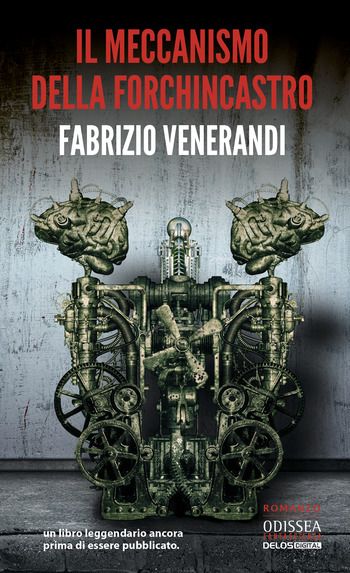
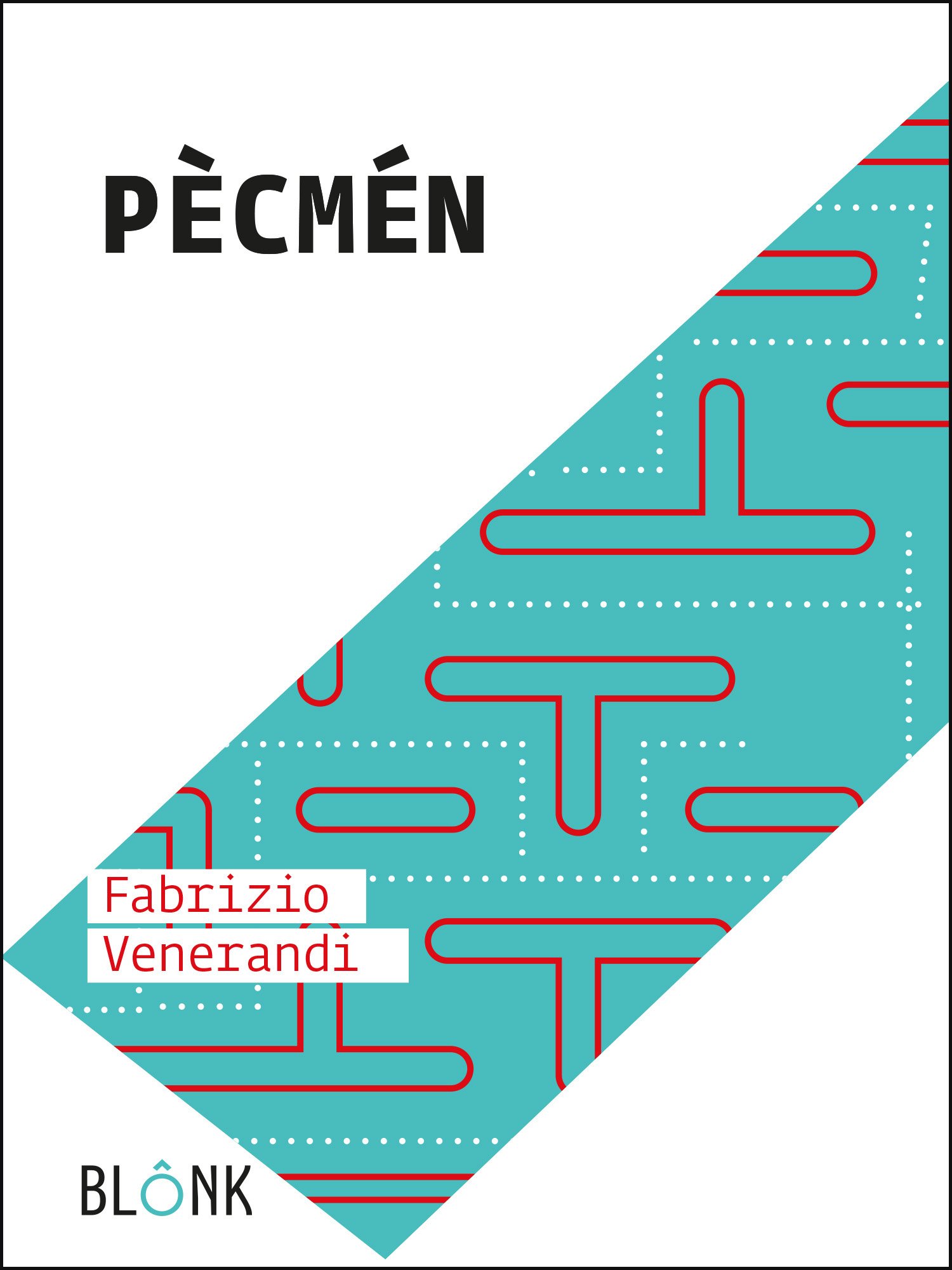
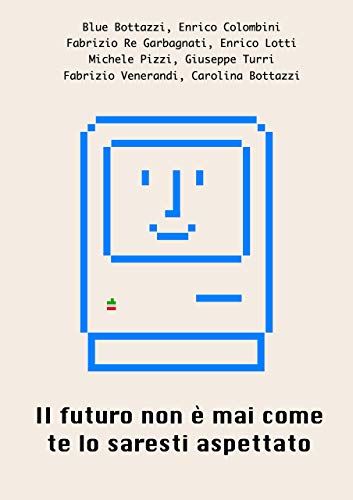




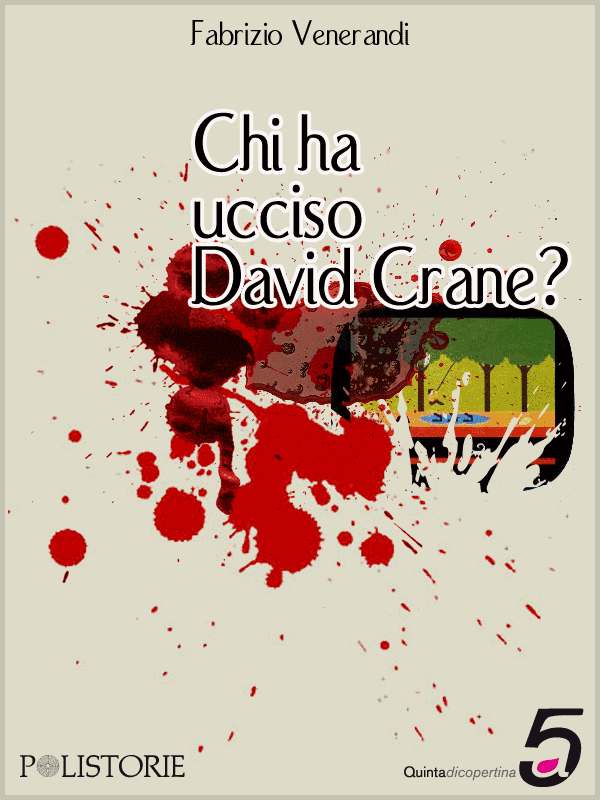


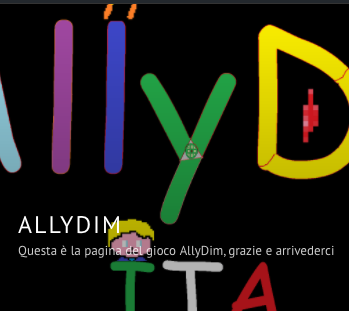
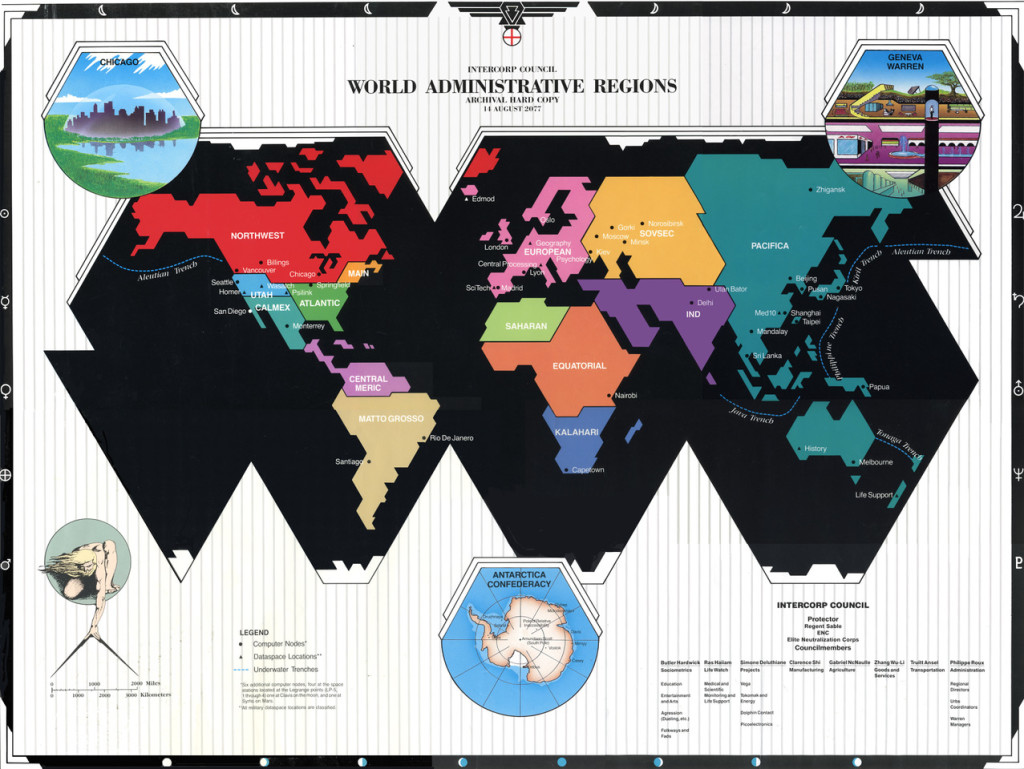
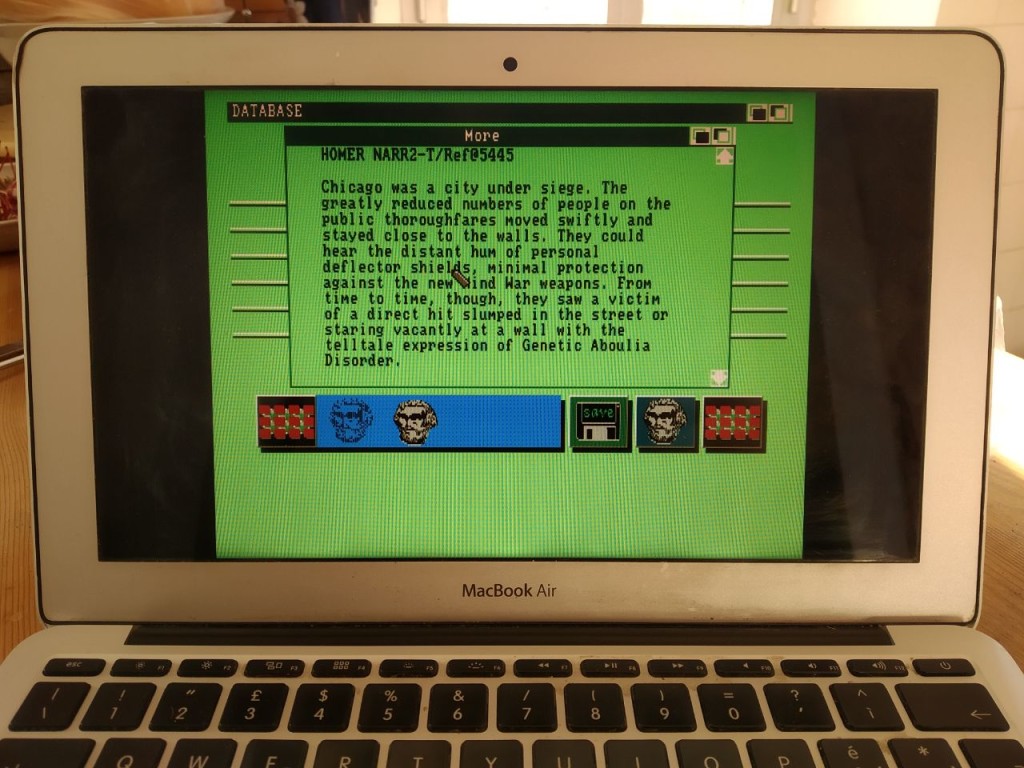
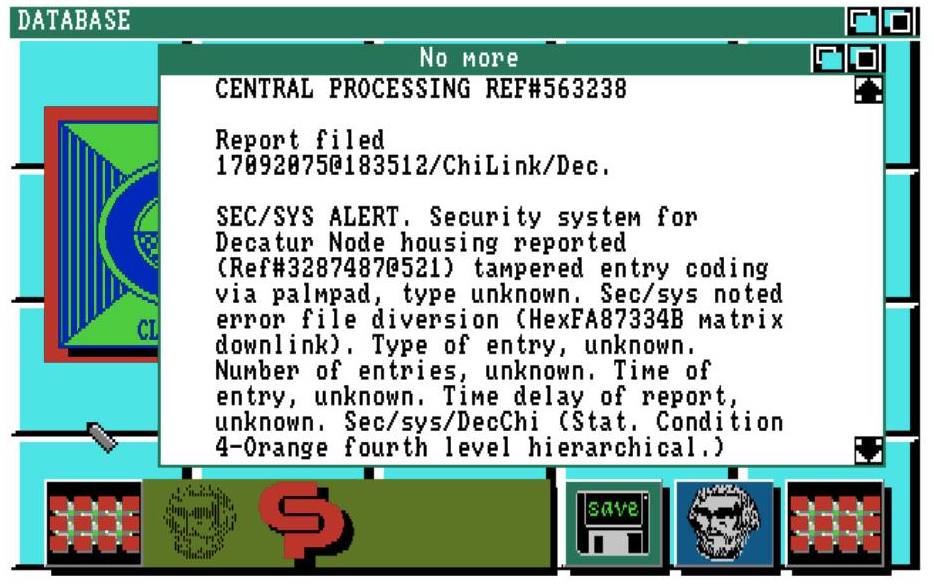
apple version running in your browser here:
https://archive.org/details/wozaday_Portal